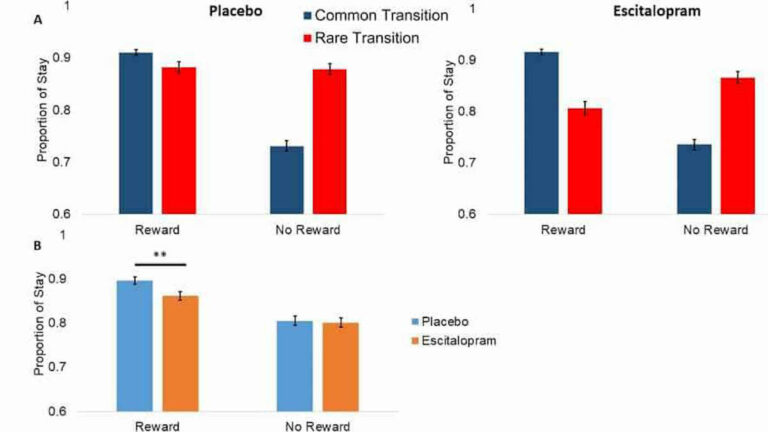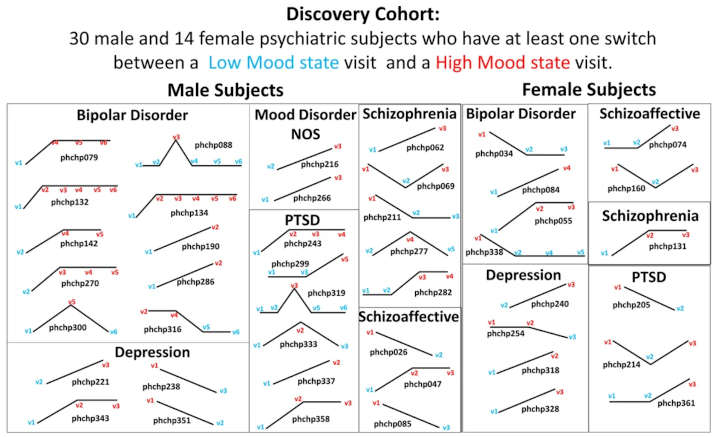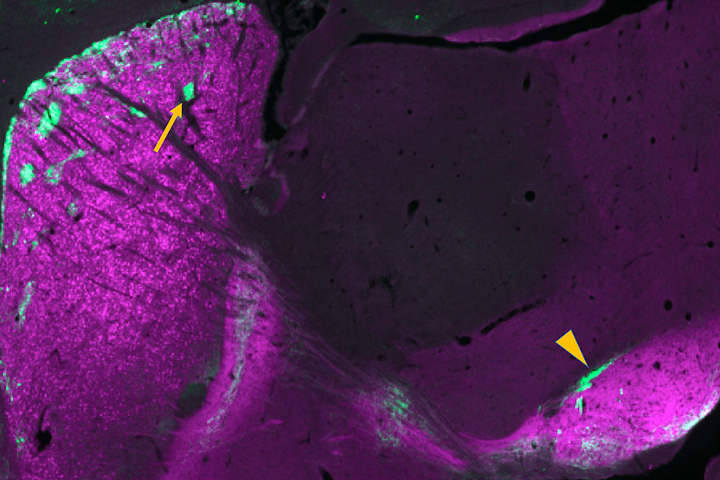Prenatal cannabis exposure had long-lasting and significant effects on cognitive and memory functions, a new rodent model study found. Surprisingly, these effects are sex-specific, implying that cannabis exposure in the womb affects males and females differently. Previous studies have shown that prenatal cannabis exposure can hinder a fetus’s normal growth, but it is still unclear…
Category: Psychiatry
Stress-induced Depression Linked with Gut Immune Cell
A team led by Johns Hopkins Medicine researchers has identified a specific intestinal immune cell that influences the gut microbiome, which in turn may affect brain functions linked to stress-induced disorders such as depression in mice and humans. Targeting changes mediated by these immune cells in the gut with drugs or other therapies could lead…
Sleep Medication Usage Linked with increased Dementia Risk
It has been known for awhile that poor sleep may increase people’s risk of Alzheimer’s disease, and that as the brain ages, it cannot precisely coordinate slow wave sleep spindles as well. New research adds to the growing body of evidence on sleep disturbances and cognitive impairment with the discovery of significant links between three…
AI Identifies Key Predictors of Suicide in Women with Dissociative Identity Disorder
Artificial intelligence technology is being used to more accurately predict the risk of suicide in female patients with specific trauma-related disorders. The results of the three-year study represent a breakthrough in using AI to comprehend suicidal self-injury and could give clinicians a new way to quickly screen for warning signs. The study was conducted by…
Why SSRI Anti-depressants Cause Emotional Numbing
Scientists have discovered why common antidepressants cause approximately half of their users to feel emotionally “blunted.” According to a new study, the drugs have an effect on reinforcement learning, an important behavioural process that allows people to learn from their surroundings. Selective serotonin reuptake inhibitors (SSRIs) are a popular class of antidepressants, especially for chronic…
Clonidine For PTSD Treatment Holds Promise – New Evidence
There is new evidence that a blood pressure medicine that has been around for 50 years could be used to treat the life-changing effects of post-traumatic stress disorder (PTSD), which is becoming more common. Clonidine is frequently prescribed to treat hypertension and ADHD. Because clonidine works on adrenergic receptors in the brain, which are probably…
Prucalopride May Boost Hippocampal-dependent Memory
Prucalopride, which targets the 5-HT4 receptor, may improve cognition and memory, a group of UK researchers has found. Even when the low mood associated with depression is well-treated with conventional antidepressants, many patients continue to experience problems with their memory. Our study provides exciting early evidence in humans of a new approach that might be…
Blood Biomarkers For Mood Disorders Offer Precision-medicine Approach
An extensive push to identify and validate blood biomarkers for mood disorders has resulted in a blood test, composed of RNA biomarkers, that can distinguish how severe a patient’s depression is. The test also can predict their risk of severe depression in the future, and their risk of future bipolar disorder, or manic-depressive illness, as…
Gene Changes Linked To Severe Repetitive Behaviors
Extreme repetitive behaviors such as hand-flapping, body-rocking, skin-picking, and sniffing are common to a number of brain disorders including autism, schizophrenia, Huntington’s disease, and drug addiction. These behaviors, termed stereotypies, are also apparent in animal models of drug addiction and autism. In a new study1, researchers at the McGovern Institute for Brain Research have identified…








